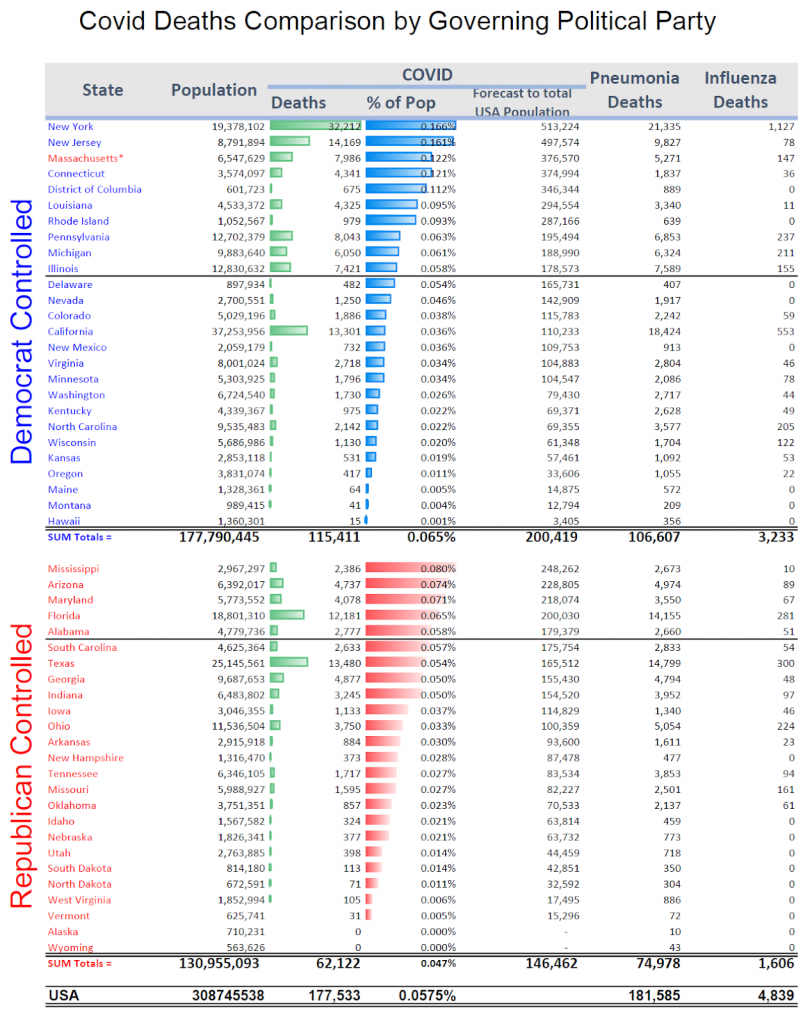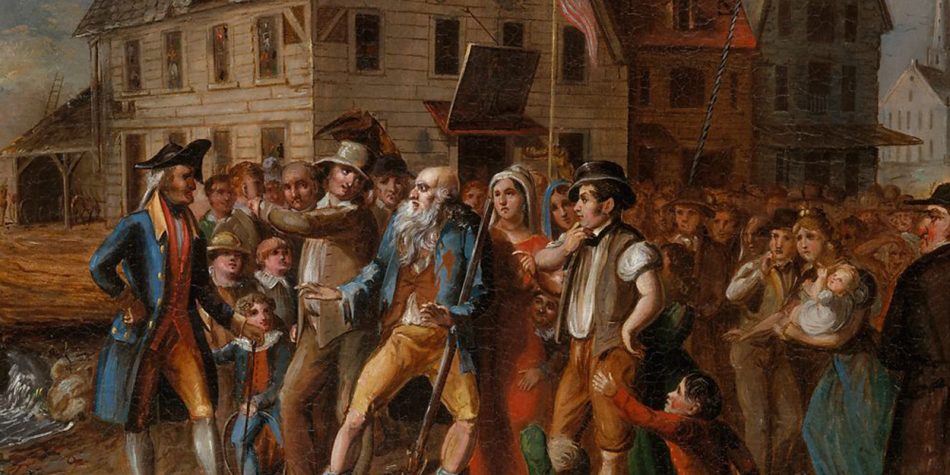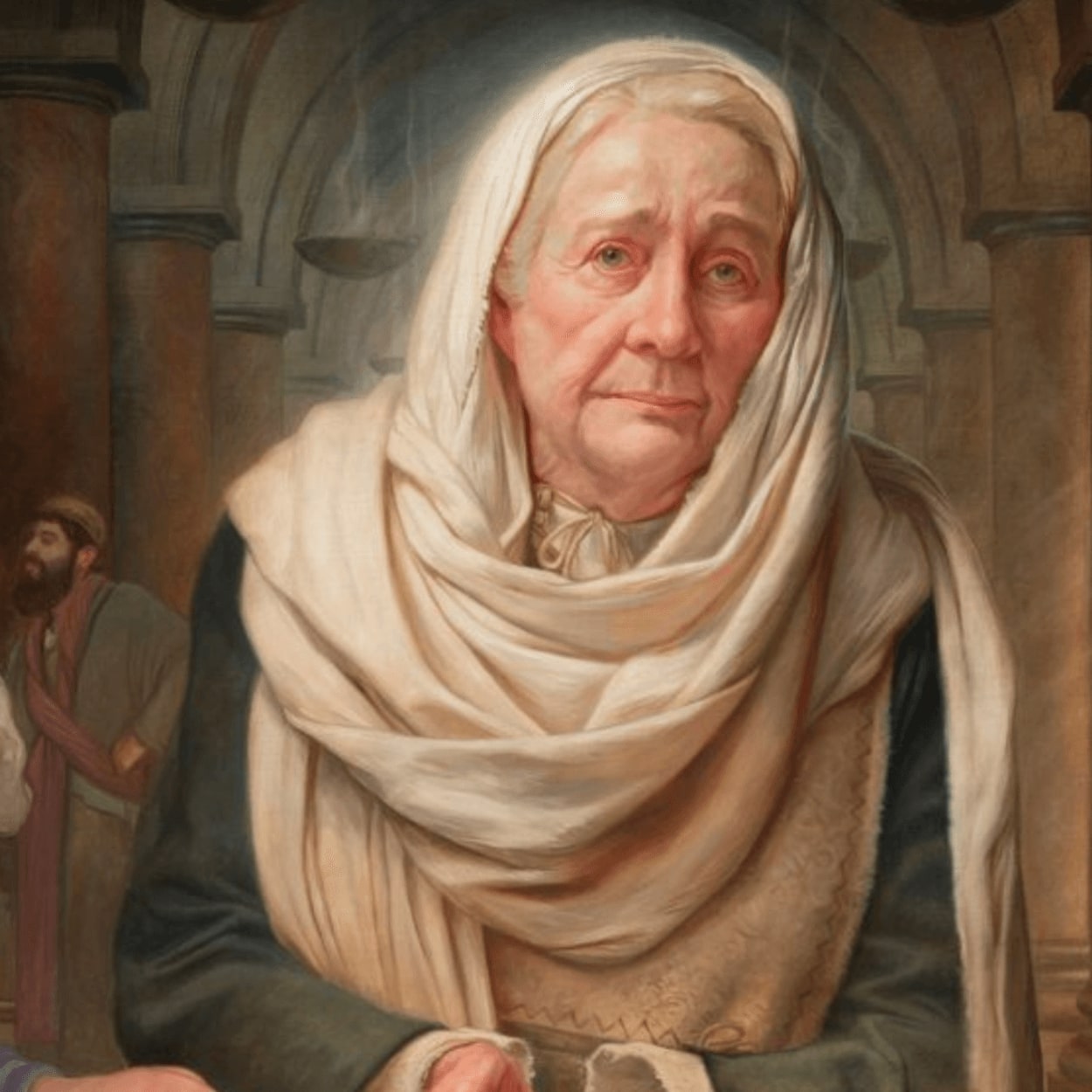Anybody else sick and tired of COVID?
This disease has taken over our lives. I stood with my daughter outside her school on her first day back and “some lady” came up to me and said hello. I finally realized that it was my cousin whom I know very well, but because of her mask, I did not recognize her at first. I see children with mask rashes on their faces from wearing a mask for hours on end like surgeons.
The only thing that makes the pandemic worse is how political it has become.
It seems that this pandemic, like many other aspects of our lives right now, is very polarizing. And emotionally draining. People are either fearful of the disease or angry at being told what to do. Decisions are being made, and then a couple of weeks later they are reversed, as more information comes to light. And it seems that people on all sides are convinced they are following unassailable medical advice and science.
In mid-July, there was an article on the daily pandemic numbers for the state of Utah where I live. One commenter blamed spikes happening on the “Republican-controlled states” mentioning Texas and Florida.
The respected Johns Hopkins coronavirus statistics website told a different story. In addition to Texas and Florida, California, Oregon, Washington and other states (not controlled by Republicans) were having spikes at the same time.
While the commenters were certainly partisan, the data did not appear to be.
So, I decided to dig deeper and look at how the COVID deaths in the US compare state-by-state. I obtained statistics for the deaths from the CDC and the statistics for the populations of each state from the Census Bureau. I then cross-referenced the death count with a list of which party controls the state. This was determined by the party of the governor, due to the nature of most government responses to COVID (unless more than 75% of state legislators came from the opposite party of the governor).
What I found is that in spite of the popular perception, Democrat-controlled states had a 38% higher death rate than Republican-controlled states (see my full calculations below).
Data can always be used to support one’s own point of view in regards to the pandemic.
Clearly, there are many factors that go into the overall percentage of COVID deaths—from the relative density of a place to its age and obesity levels. How a state bureaucracy leads and directs a public health response is only one factor, and even that doesn’t take into account interactions with national policies. But that’s precisely the point—it’s all more complex than any compelling soundbite admits.
I offer these numbers not to suggest that Democrats have mishandled the pandemic to a greater degree than Republican, but as a caution against over-politicizing a pandemic that should unite us. And I would add, in an angry atmosphere where Republican-led states are being accused of doing worse than Democrat-led states, it does seem significant to point out the measurable difference in death rates we are seeing state by state.
Data can always be used to support one’s own point of view in regards to the pandemic. Once while listening to NPR I heard the following thought, “with so many media options now, we can listen to people that think exactly like us and not need to hear any opposing viewpoints.” I can see this in the current COVID discussion. This thought is also masterfully explained by Destin Sandlin (Smarter Every Day) in a presentation he did at Skepticon (at mark 30:10 in the video).
There is a safety in cultivating an atmosphere where all our voices can be heard. I guess I’m taking my turn now.
One more thing: When the constitution was framed the powers of the federal government were intentionally limited to certain things. The idea was that the states (or local government) should be in charge of their own people with the exception of a few areas that needed to be federally controlled. I agree with this philosophy. This is especially true when it comes to how to control and handle COVID. It’s been said plenty, but it’s worth saying again: what is required in New York and New Jersey is drastically different than what is needed in Alaska and Wyoming. There is no one-size-fits-all solution.
It would also be great to agree that, well, we don’t have to agree on any of this. Healthy discussion that allows thoughtful disagreement (yes including about COVID) is such a breath of fresh air these days.
On that note, I was heartened at what happened when I decided to share these thoughts on Facebook. When I did, I felt some trepidation and did not know what the reaction would be. Pleasantly, most of the resulting dialogue was civil and led to discussions on a wide variety of topics. I was able to have a productive exchange with two of my cousins who are on the other side of the political aisle. While none of us changed our opinion of whom to vote for, it did allow us to voice our opinions and get a perspective of what is behind “the other guy’s” thoughts
Well, that’s enough commentary from me. Please go out this weekend—or stay in and watch a good old fashion John Wayne movie.
But also remember: There are good reasons people are skeptical of some of the things they’re hearing—including from reputable sources. Let’s all be informed voters who think for ourselves and not just emotional ones.

















